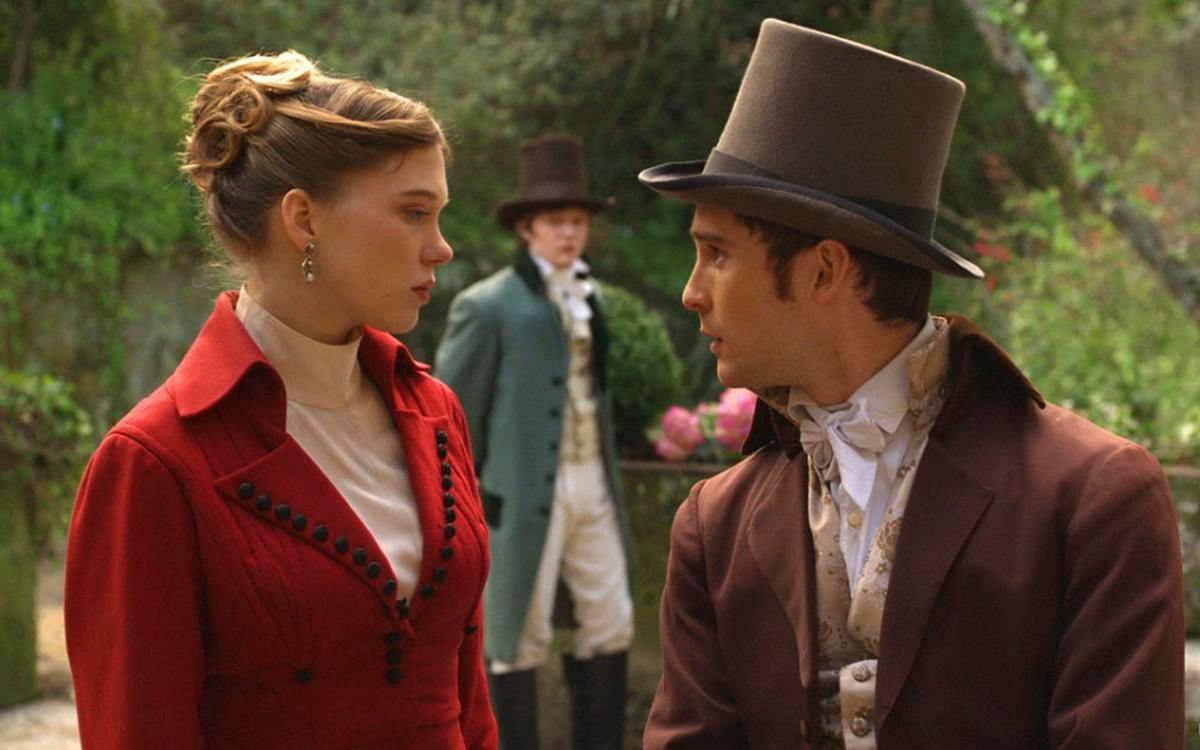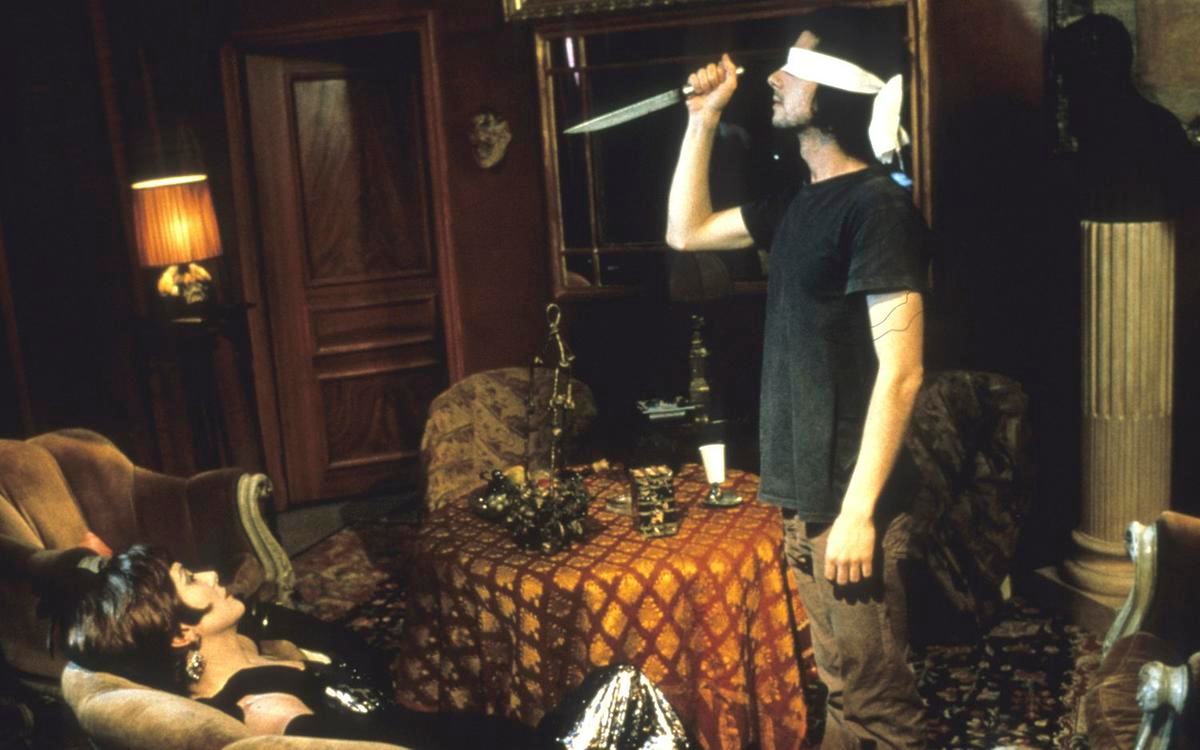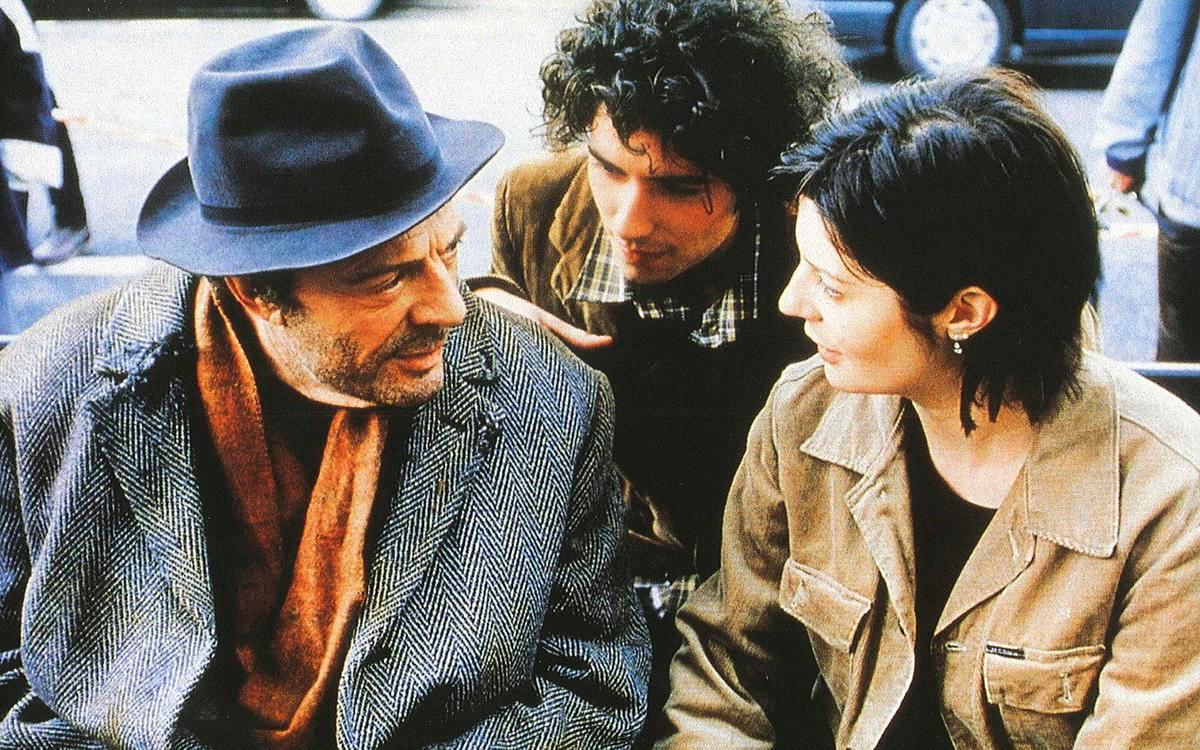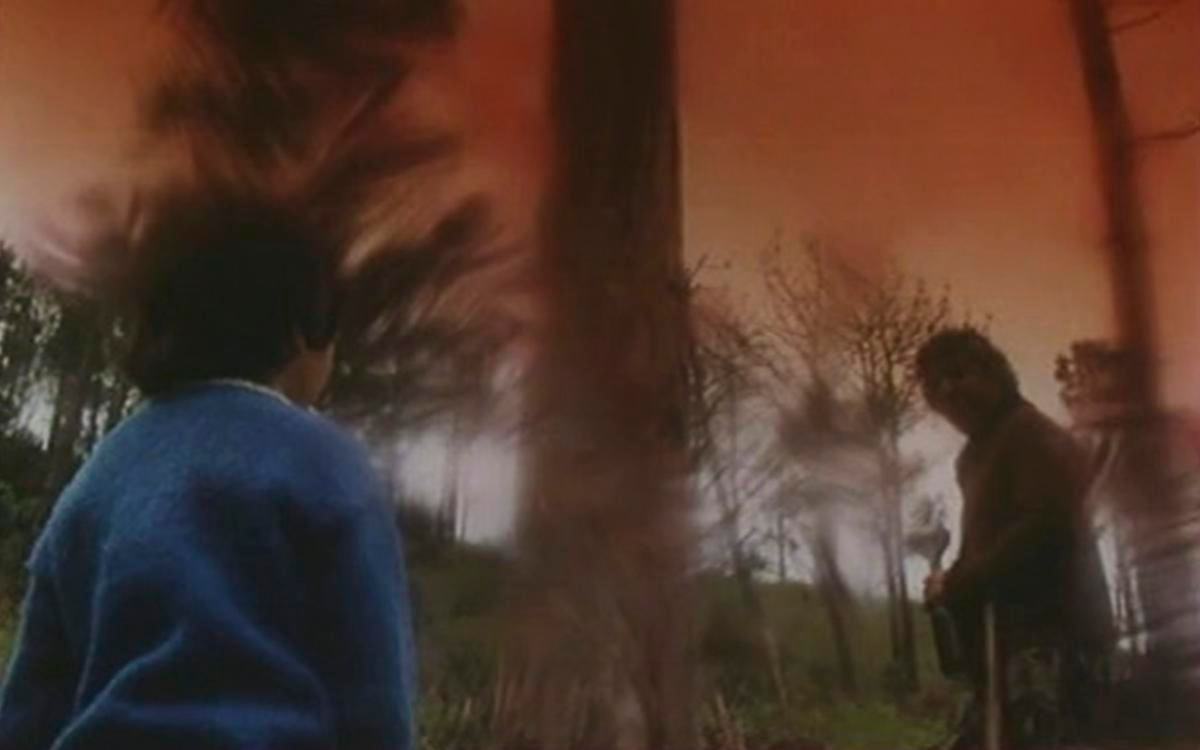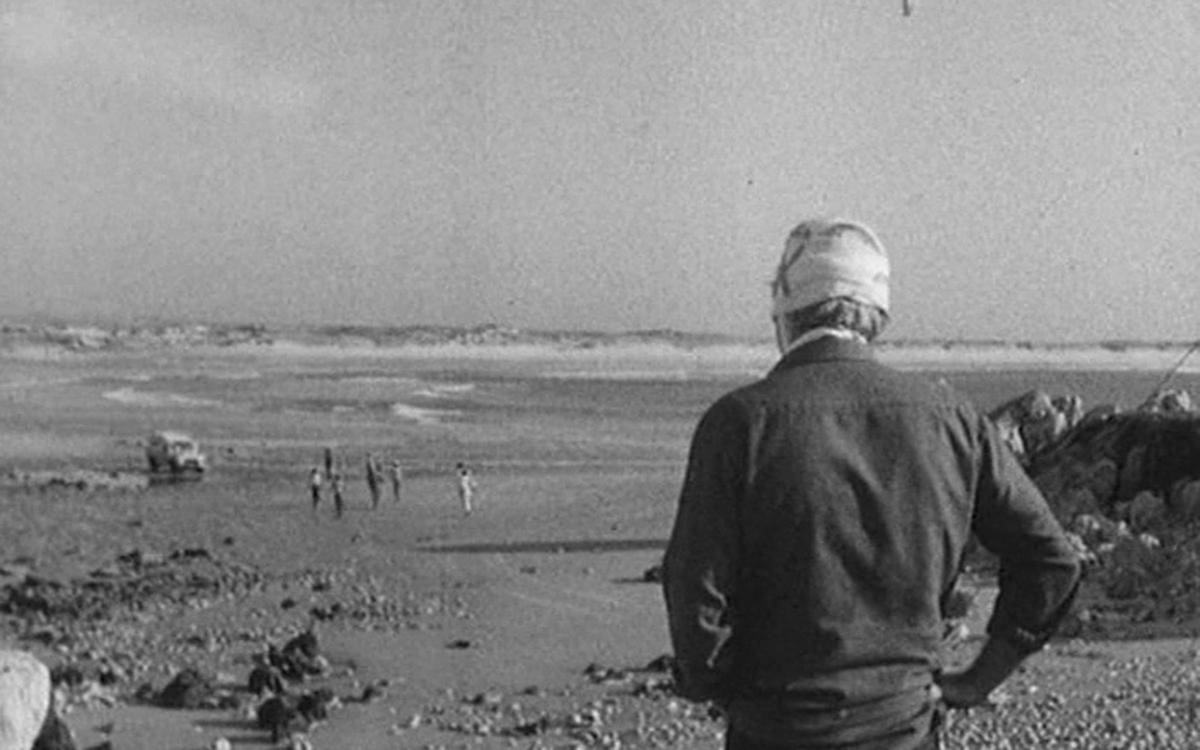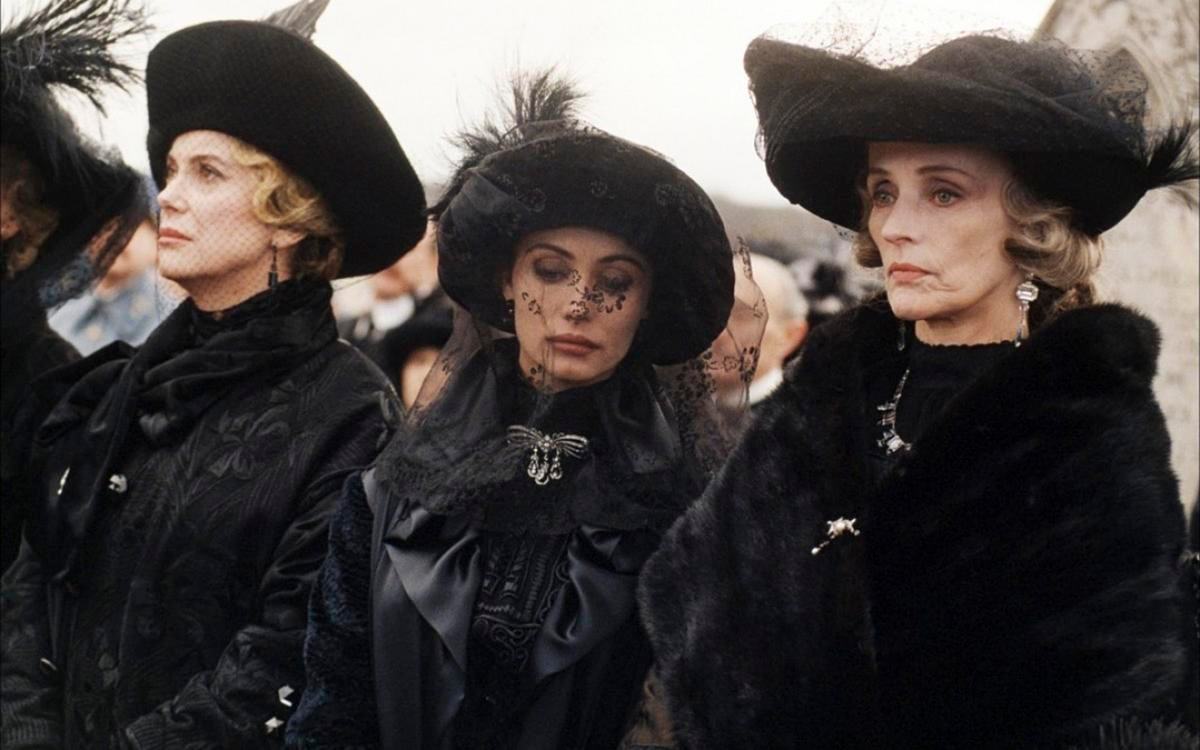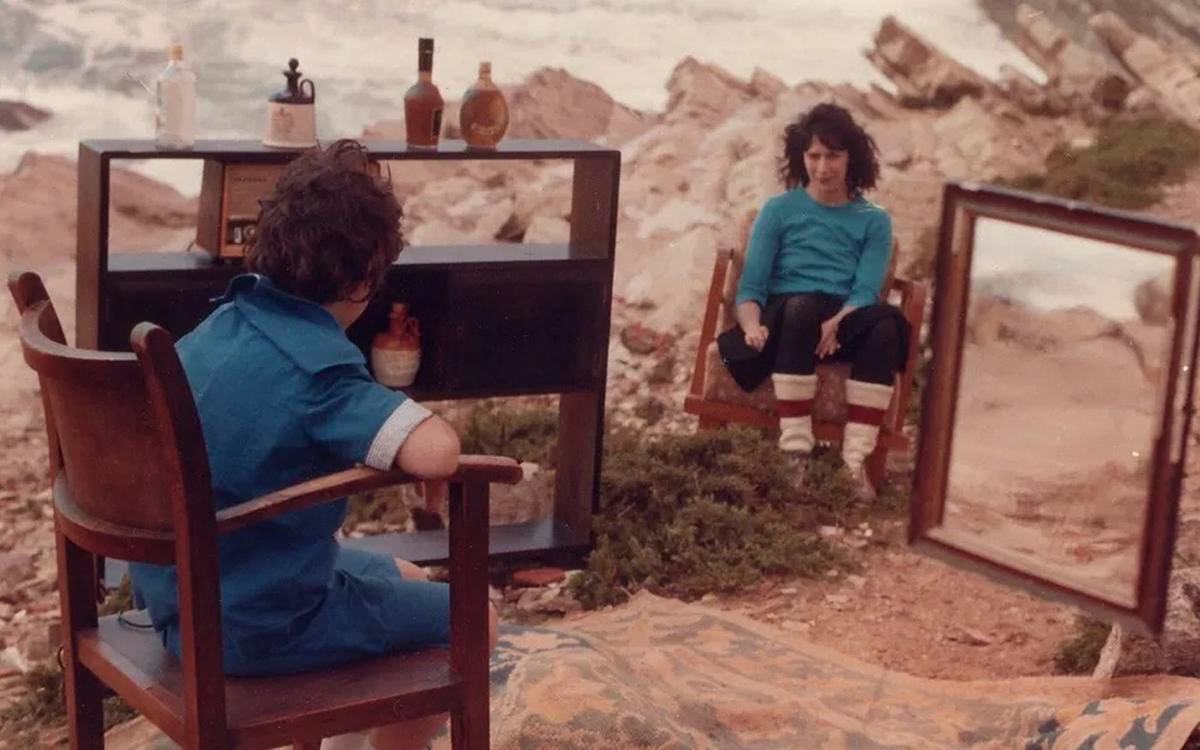
The new retrospective film programme at
The new retrospective film programme at
Year after year for decades, the silence of auditoria at the Cannes Film Festival, filled with film buffs awaiting the next premiere, has been broken by the cry of “Raoul!”, coming from different lips and with different intonation, but always with a hint of emotion—triumphant, mocking or questioning. The tradition lends a note of surrealism to Festival screenings, particularly since there is no agreement who Raoul actually is.
One theory has it that the French spelling is incorrect and the man in question is none other than Raúl Ruiz, the Chilean surrealist director, many of whose films were premiered in Cannes. Indeed, the enigma of the traditional pre-premiere cry at Cannes is more than matched by the enigma that surrounds Ruiz himself and the place of his films in the cinema canon
Born in Chile in 1941, Ruiz won the Golden Leopard at Locarno in 1968 with Three Sad Tigers, a satirical debunking of the bourgeoisie that was his first feature film. In the five years that followed Ruiz made ironic films that targeted both the political right and left in his homeland, until the military coup of 1973 drove him to leave for Paris, along with many of his compatriots. In the next four decades Ruiz earned a reputation as one of the most prolific and inventive directors in world cinema, capable, in his own words, of shooting a film “for 10,000 dollars or even for 10 million,” ceaselessly challenging the canons of cinema and the limits of reality itself.
Instability is a leitmotif of his films, where the screen world submits to games of the mind and imagination, and to the journeys through territories of fiction and memory, on which his characters embark. The same actress can appear in the roles of both lawyer and murder victim. The story told by the character is more credible than the reality in which he or she exists. A space that appears to be that of everyday life suddenly becomes a field for experiment commanded by the logic of dreams.
But what sets Ruiz apart from many other cinema surrealists and directors who work with the viscous, contradictory substance of dreams, is his deceptively “classical” approach to both narrative and mise-en-scène. Both appear linear, whole and orderly, until, suddenly, parallel worlds begin to break through, made apparent by camera movement, colour scheme or an unaccented gesture. A sense of the strange, contradictory and unnatural character of the events intensifies, but never collapses on the viewer who, instead, is drawn into a vortex of instability, unreality and dream.
This is what makes Ruiz the missing link in the cinematic canon that connects Luis Buñuel with, for example, David Lynch. Ruiz offers us a new specimen of surrealism in cinema that has neither direct analogues nor obvious followers, endlessly sly and playful, but revealing and exposing, time after time, the complex mysteries of human existence. Ruiz could find this potential in any material, from documentary testimony of the turbulent years of Chilean politics to Marcel Proust’s masterpiece or a B-movie parable where a group of bourgeois campers degenerate into cannibals.
Ruiz’s oeuvre—over a hundred films, together with installations, video art, theatre productions and books (both fiction and theory)—is as diverse as it is immense. His relative obscurity adds a final touch to the paradox. Compared to many other great directors of the recent past, the Chilean, who died in 2011, remains largely undiscovered, under-researched and under-thought, in Russia as elsewhere. The programme of his films at

